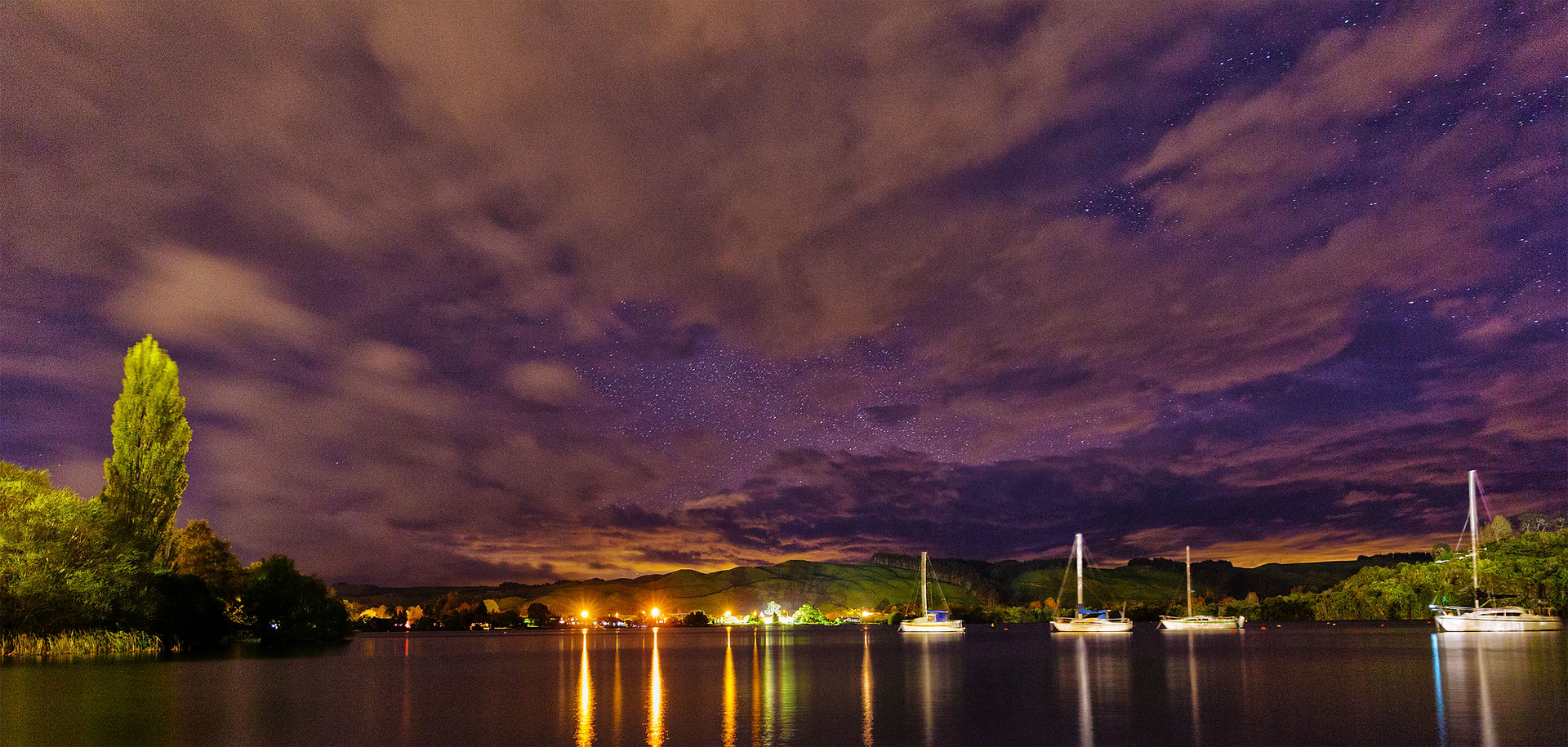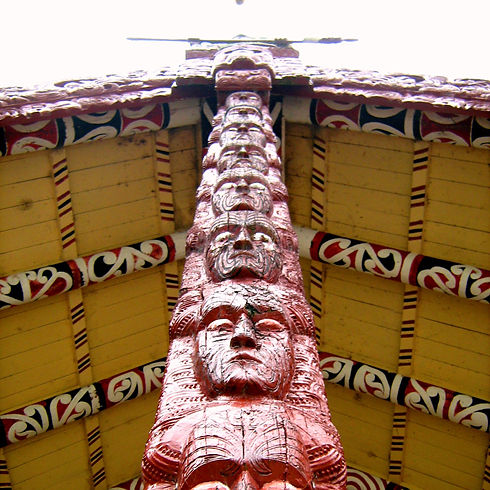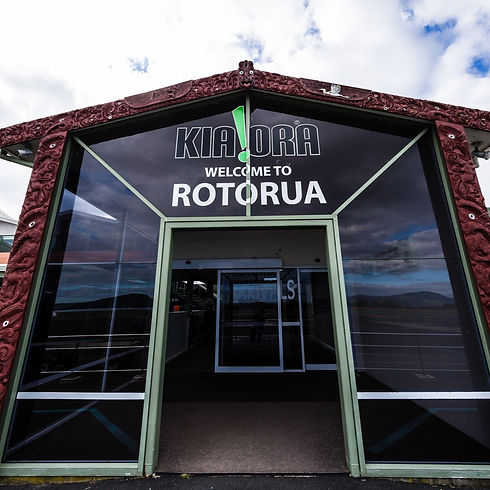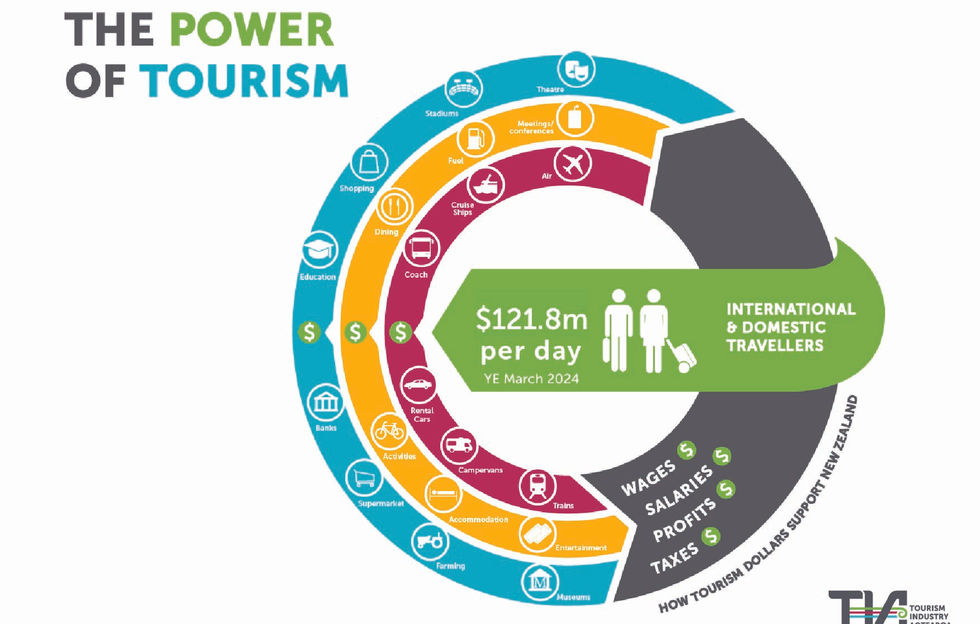
ROTORUA LAKES COUNCIL 2025 ELECTION
LOCAL GOVERNMENT ELECTIONS IN AOTEAROA NEW ZEALAND
“Have your say on who represents your community by voting in the 2025 local elections.”
Local elections decide who represents us on our city, district, and regional councils.
The people elected to local councils get to make decisions about our daily lives and the future of our towns and cities. They set and collect rates, oversee town planning, and provide services like rubbish collection, parks and libraries.
In some parts of New Zealand, local elections are also held for local and community boards, licensing trusts, and some other organisations.
Why Local Elections Matter
Local government makes decisions that affect your everyday life — like parks, roads, housing, tourism, events, water, waste, and local business rules. In Rotorua, this includes decisions that directly impact the visitor economy, tourism operators, and our shared community spaces.
Who Can Vote?
You can vote if you:
• Are 18 years or older
• Are a New Zealand citizen or permanent resident
• Have lived in New Zealand for at least one year continuously
• Are enrolled on the electoral roll
Voting when you own property in a council area, but don’t live there
Each council has a ratepayer roll for people who pay rates on a property but live in another part of the country. In that situation, a person can vote in the area where they live, and the area where they pay rates. To apply, contact the electoral officer for the local council area where you pay rates but do not live. To apply, contact the electoral officer for the local council area where you pay rates but do not live.


MAORI WARDS
If you’re of New Zealand Māori descent, you can choose to enrol on the Māori roll or the general roll. The roll you choose may affect who you can vote for at local elections.
If you choose the Māori roll and your council has a Māori ward or constituency, you will vote for candidates in the Māori ward or constituency.
If you choose the general roll, or your council does not have a Māori ward or constituency, you will vote for candidates in a general ward or constituency.
No matter which roll you’re on, you will choose from the same list of candidates when making your vote for mayor.
Maori Wards Referendum
Some local councils that have Maori Wards or constituencies have been directed by Central Government to hold a binding referendum. The referendum will ask voters whether or not they support keeping them. If the majority vote against Maori Wards there will be NO Maori Ward Election in 2028 and 2031.
ENROL, VOTE, BE HEARD, MAKE A DIFFERENCE.
If you’re of New Zealand Māori descent, you can choose to enrol on the Māori roll or the general roll. The roll you choose may affect who you can vote for at local elections.
If you’re enrolled to vote, you get to have a say in general elections, local elections and referendums. Elections are your chance to have a say about who represents you on the issues that you care about. It’s easy to enrol or update your details.
You can:
• visit vote.nz and use your New Zealand driver licence, New Zealand passport or RealMe verified identity to enrol online
• call free 0800 36 76 56 and ask for a form to be sent to you
When you’ve enrolled, your name will go on the electoral roll. You must be on the electoral roll to vote. You need to update your details every time you move house.


ENROL, VOTE, BE HEARD, MAKE A DIFFERENCE.
If you’re of New Zealand Māori descent, you can choose to enrol on the Māori roll or the general roll. The roll you choose may affect who you can vote for at local elections.
Rotorua's tourism strengths lie in its unique geothermal activity, rich Maori culture, and diverse outdoor activities, attracting both domestic and international visitors. However, challenges include a perception of being a less attractive destination for some and fluctuations in visitor numbers, particularly due to reliance on international tourism.
Consumer spending in Rotorua fell 0.9% over the year to March 2025. Many homeowners have yet to roll onto lower mortgage rates, and job insecurity is feeding into cautious spending habits. Employment of Rotorua residents fell 1.4% over the year to March 2025, which has seen the local unemployment rate edge up to 6.6%, well above the national average of 4.9%.
Spending by tourists grew just 0.1% over the year to March 2025 despite a 1.4% rise in guest nights. International guest nights rose 6.1% but were mostly offset by a decline in domestic guest nights of 1.5%. Growth in international guest nights has been gradually weaking. If this continues, we could see a fall in total guest nights.
The following section is an unedited snapshot from Gemini AI of Rotorua’s successes and challenges;
STRENGTHS
Geothermal Wonders: Rotorua is renowned for its geothermal activity, featuring geysers, hot springs, and mud pools, making it a unique destination for visitors interested in this natural phenomenon.
Māori Cultural Experiences: The city offers immersive cultural experiences, allowing visitors to learn about and engage with authentic Māori traditions and history.
Outdoor Adventures: Rotorua boasts a wide range of outdoor activities, including mountain biking, white water rafting, and hiking, attracting adventure seekers.
Spa and Wellness Tourism: Rotorua is a leading destination for spa and wellness tourism, leveraging its geothermal resources for relaxation and rejuvenation.
Strategic Location: Rotorua's central North Island location makes it accessible from major centres like Auckland and Hamilton, making it a popular destination for weekend getaways and longer stays.
Strong Tourism Infrastructure: Rotorua has a well-developed tourism infrastructure, including accommodation options, transportation, and visitor attractions.
Diverse Visitor Appeal: Rotorua caters to a wide range of interests, from adventure seekers and nature lovers to those seeking relaxation and cultural immersion, making it a versatile destination.
WEAKNESSES
Reliance on International Tourism: The city's tourism sector is heavily reliant on international visitors, and fluctuations in international travel can significantly impact the local economy.
Negative Perceptions: There have been historical challenges with negative perceptions of Rotorua, requiring ongoing efforts to improve its image and attract visitors.
Economic Fluctuations: Rotorua's economy has experienced contractions during times of reduced tourism, highlighting the need for diversification and resilience.
Homelessness and Social Issues: Some residents have raised concerns about social issues like homelessness, which can impact the overall visitor experience.
Seasonality: While Rotorua attracts visitors year-round, there can be seasonal fluctuations in visitor numbers, impacting businesses that rely on tourism.
Image and Marketing: Continuous efforts are needed to promote Rotorua's strengths and address negative perceptions, particularly in the domestic market.
Competition: Rotorua faces competition from other tourist destinations, both nationally and internationally, requiring it to differentiate itself and offer unique experiences.
MEET THE CANDIDATES
Read on for the RTIP guide to local election candidates with responses to sector-specific questions. Our goal is to support informed voting and encourage a stronger connection between elected officials and the Rotorua visitor economy.


























